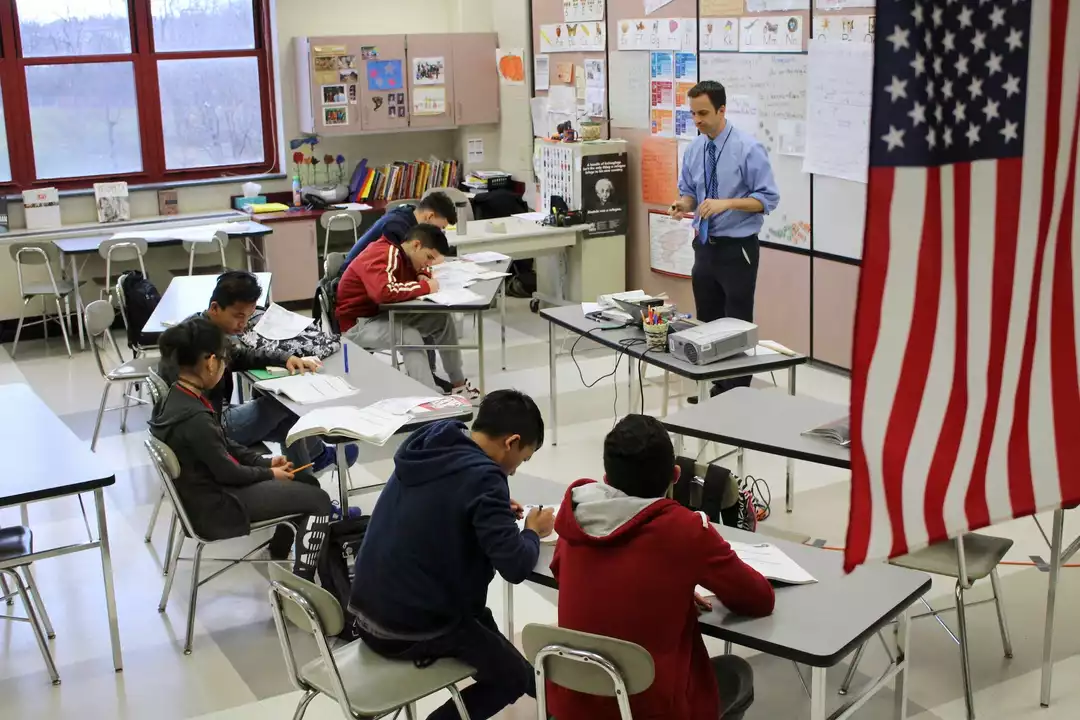US Education Hub – Your Go‑to Spot for Fresh Insights
Welcome to the US Education Hub, where we gather the most useful reads on everything from curriculum design to online learning. Whether you’re a student, teacher, or policy‑maker, you’ll find practical advice you can start using right away.
First up, let’s talk curriculum. A solid curriculum is the backbone of any learning system. It tells teachers what to teach and students what to learn. When the curriculum aligns with real‑world skills, students stay engaged and perform better. Think of it as a roadmap that guides everyone toward the same destination.
Funding, Subsidies & Their Real Impact
Money talks, especially in education. Some argue that government subsidies lower the value of a degree, while others see subsidies as a way to open doors for more learners. The truth sits somewhere in the middle—fair funding can lift quality without diluting the credential. What matters most is how that money is spent: on better teachers, updated tech, and resources that actually help students learn.
Speaking of quality, it’s not a one‑size‑fits‑all concept. Quality can feel different depending on a student’s background, learning style, and goals. That’s why flexible teaching methods and inclusive curricula are essential. When schools adapt to diverse needs, the “quality” label becomes meaningful for everyone.
Online Learning Gets Real
Online education isn’t just a backup plan; it’s becoming the norm. High‑quality online courses give students access to top instructors without geographic restrictions. To keep standards high, platforms should use interactive tools, clear assessments, and regular feedback. When done right, online learning levels the playing field and prepares students for a digital future.
For educators thinking about a career shift, an education degree can be a smart move—if it aligns with your passion. Teaching offers a chance to shape lives, but it also requires a realistic view of salary, workload, and long‑term goals. Do the research, weigh the pros and cons, and decide if the reward of influencing minds outweighs the financial considerations.
Special education is another cornerstone you can’t overlook. Training in special education equips future teachers to handle diverse classrooms and create inclusive environments. Knowing how to develop individualized plans and work with families makes a huge difference for students with unique needs.
Finally, stay tuned for quotes and ideas that remind us why education matters. From famous sayings about ignorance to modern thoughts on behavior, these nuggets can spark motivation in both teachers and learners.
Wrap up: this hub pulls together articles that cut through the noise and give you clear, actionable knowledge. Bookmark the page, check back for updates, and use these insights to make smarter decisions in your educational journey.

How big is the private school market in the US?
The private school market in the US is quite significant and continues to grow. According to recent data, there are over 34,000 private schools nationwide, serving around 5.7 million students. These institutions make up approximately 25% of all schools in the country and enroll about 10% of the student population. The demand for private education has been fueled by factors such as smaller class sizes, personalized learning experiences, and specialized programs. As a result, the private school market is an essential component of the US education system.
Read More